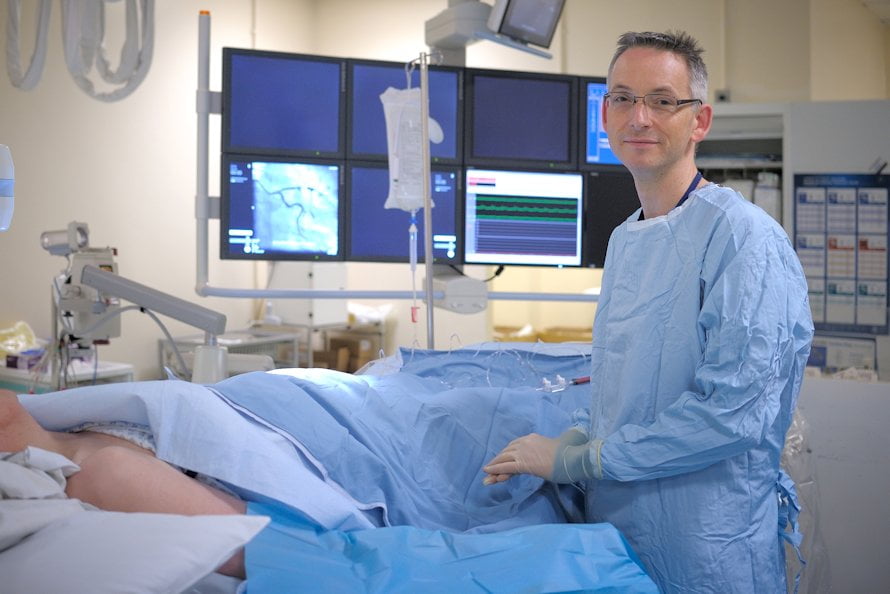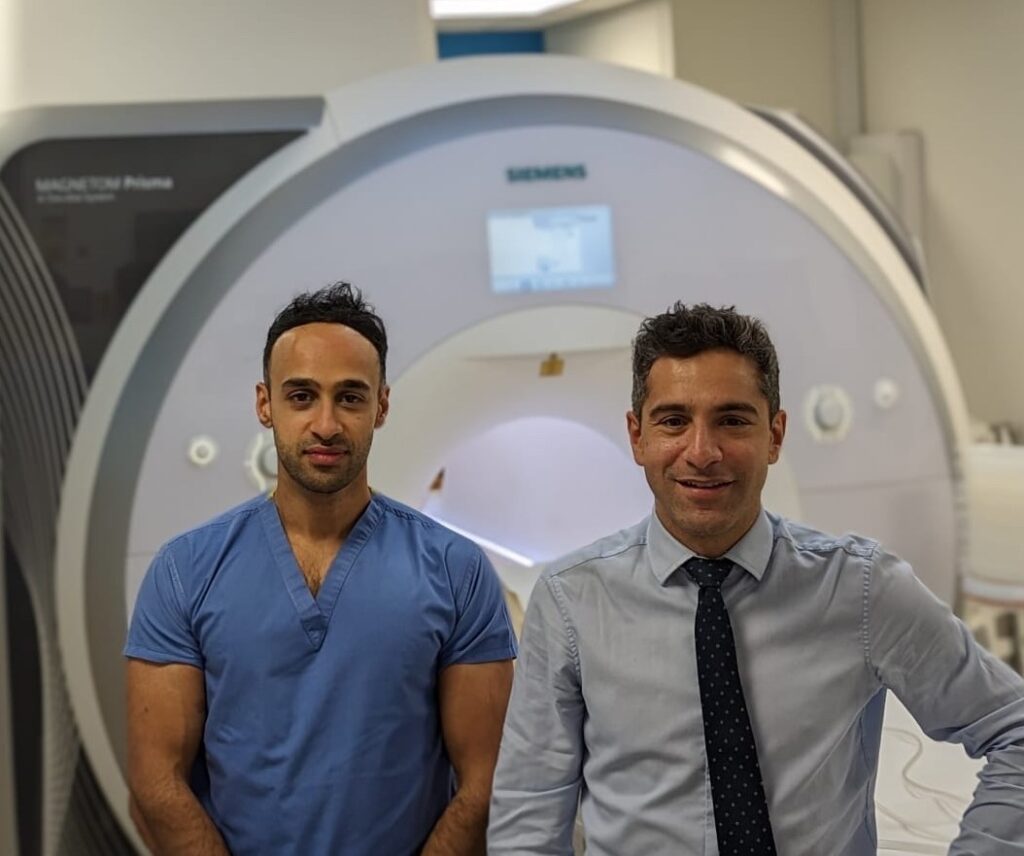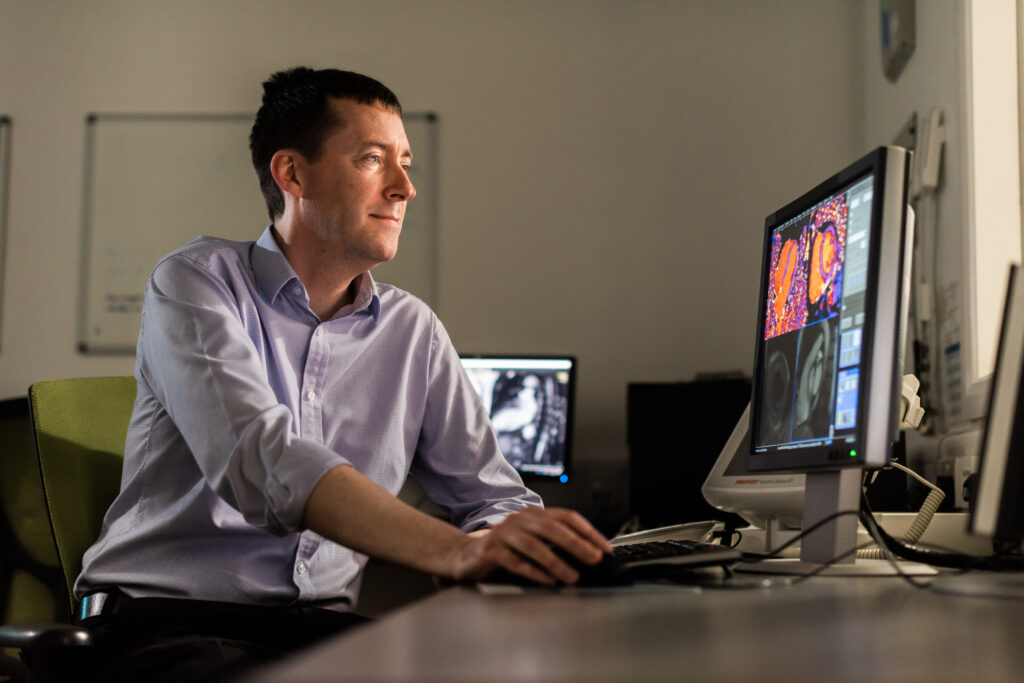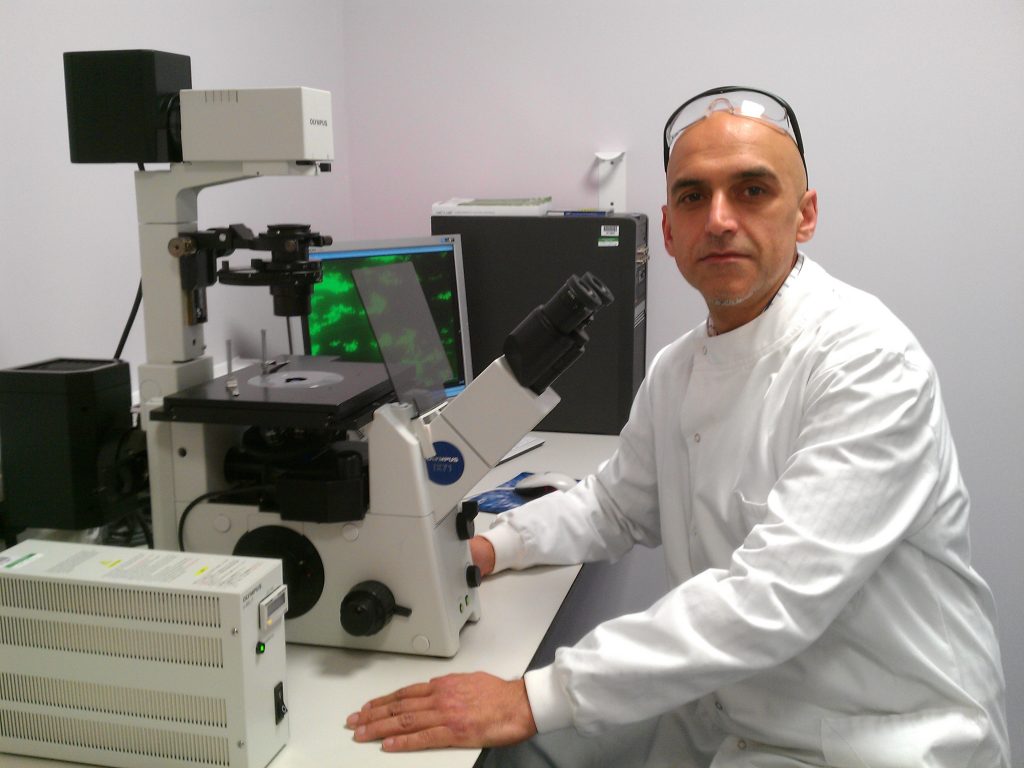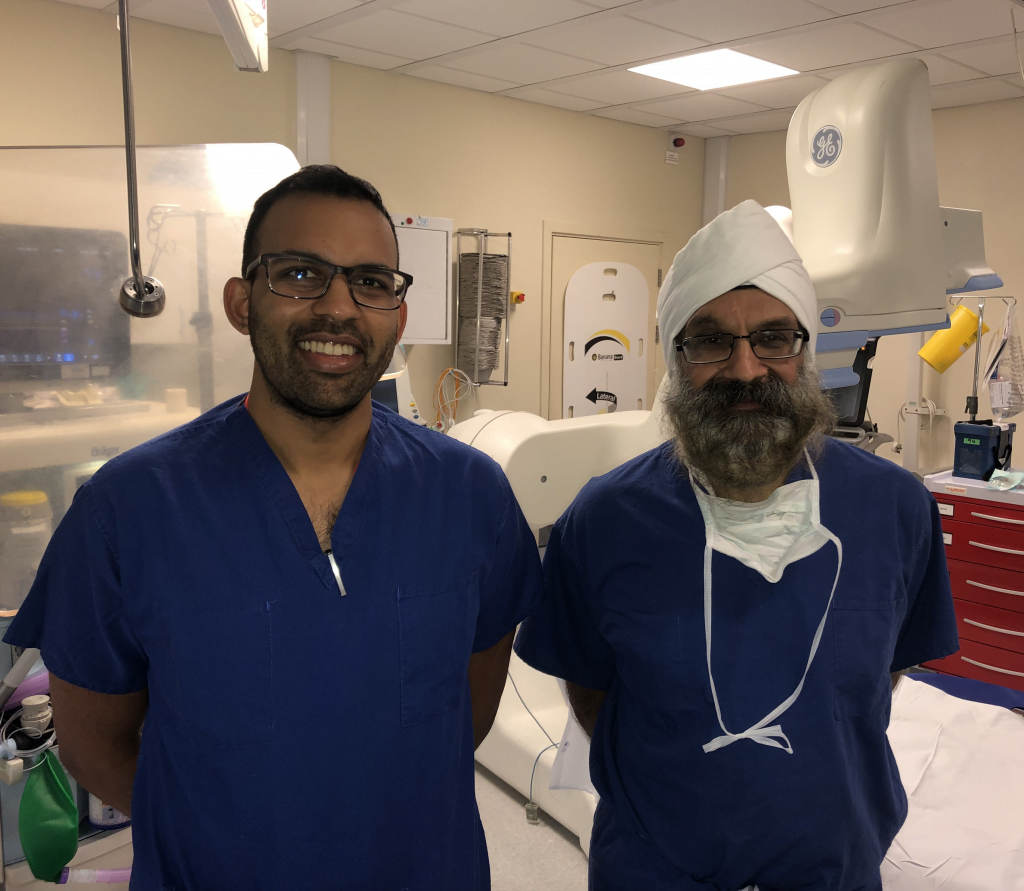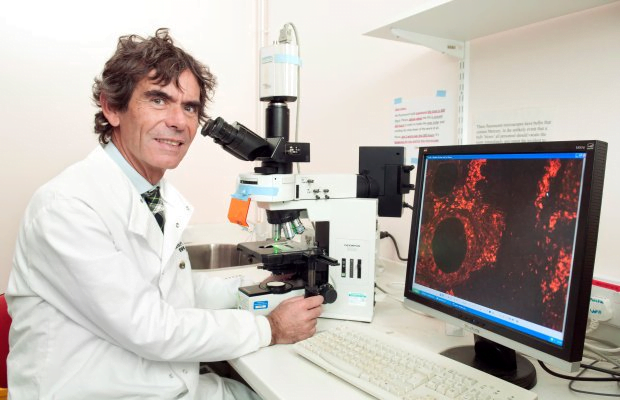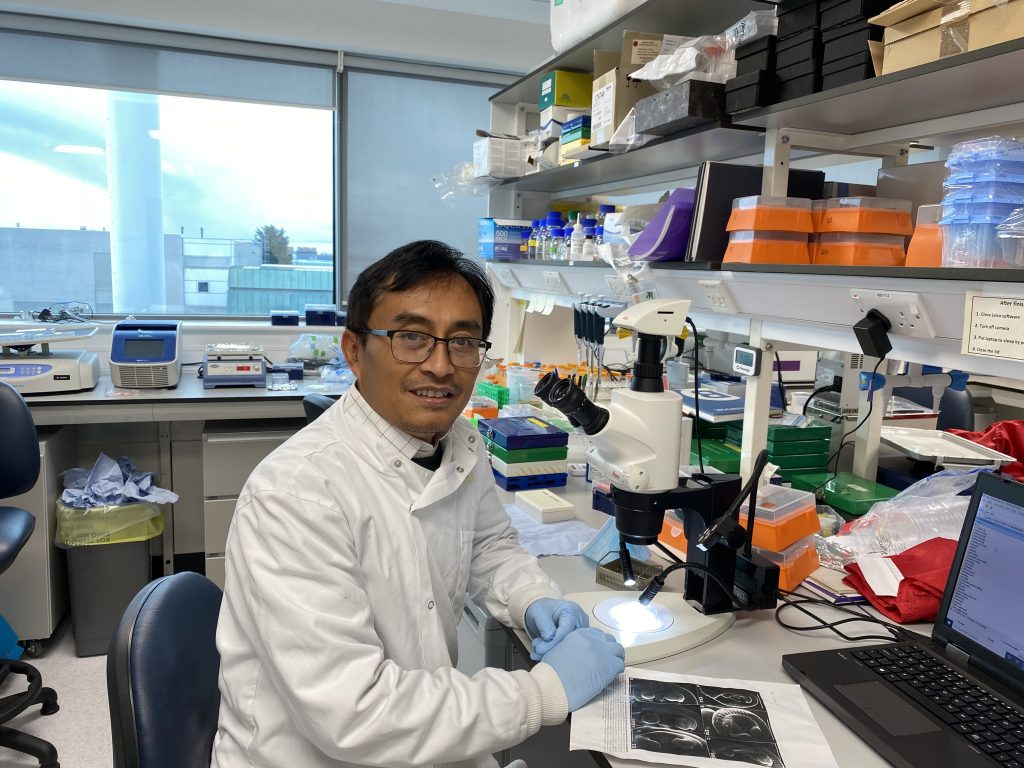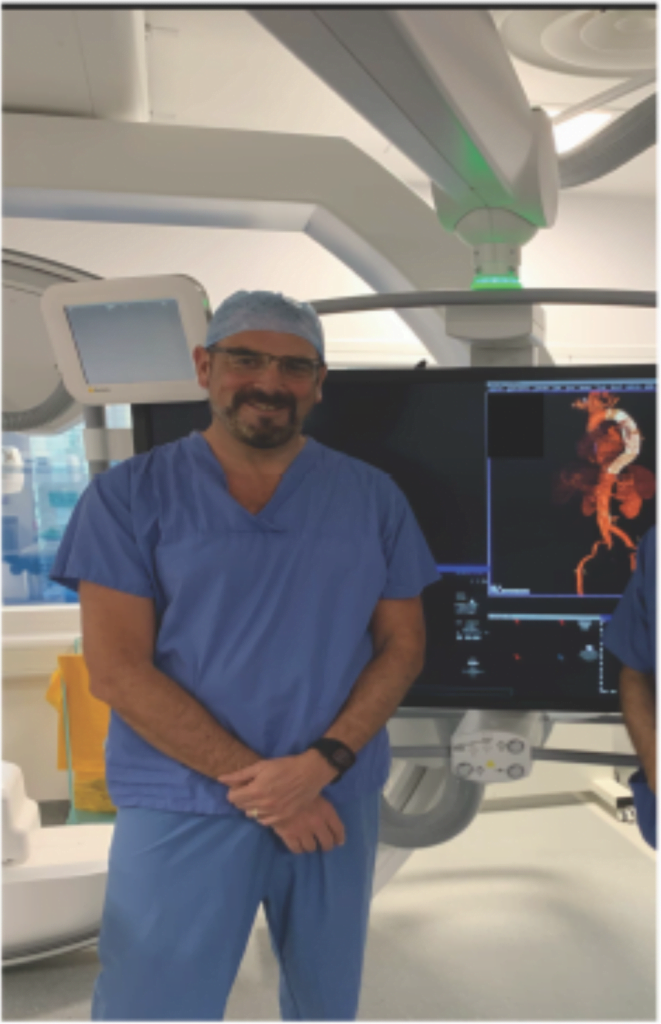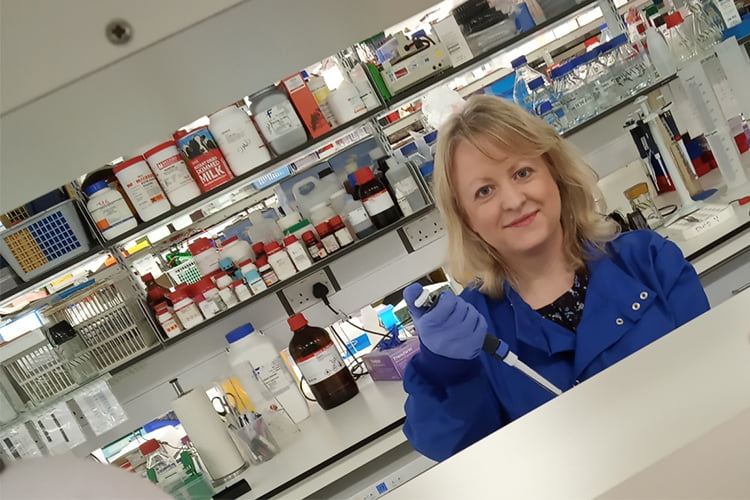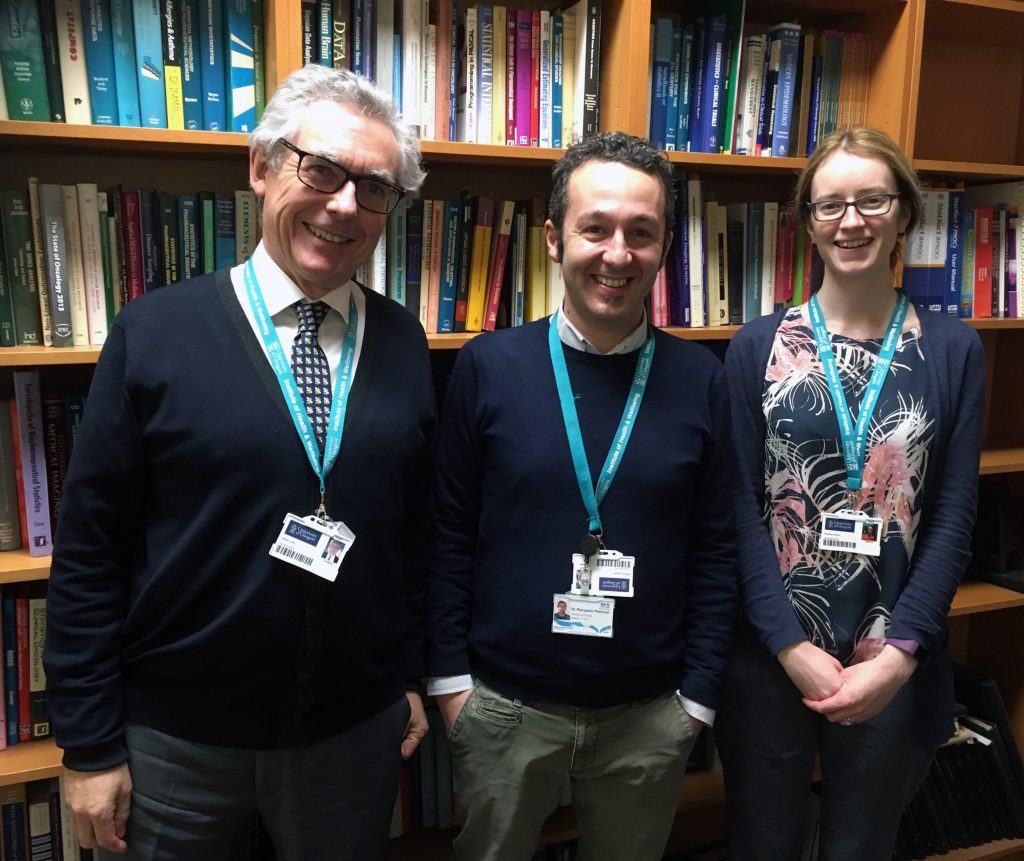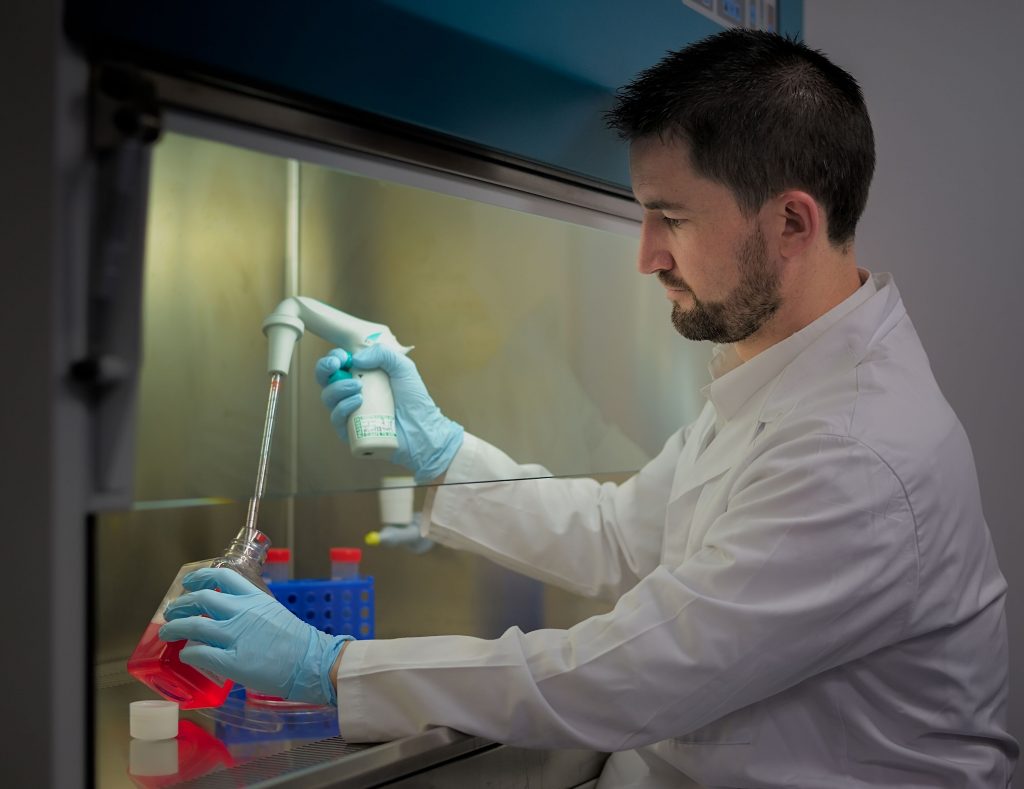The term angina refers to the chest pain or feeling of discomfort which, in most cases, is caused by coronary heart disease. It happens when the flow of blood to the heart muscle is restricted and is often brought on by physical exertion or stress, when the heart is working harder and needs more oxygen.
There are 2 main types of angina:
- stable angina is when episodes have a trigger and stop within a few minutes of resting
- unstable angina is when episodes are more unpredictable and continue despite resting
If the pain lasts longer than 10 minutes or is more severe than usual, this may represent a heart attack. Immediate medical care is needed and an ambulance should be called.
We can’t do this without you
Through pioneering research and accessible education, Heart Research UK aims to reduce the number of people developing and dying from heart disease, while improving and extending the lives of those affected.
As a charity, we can only do this with your help.
People with certain types of heart disease have a higher risk of developing serious complications from Covid-19 and there is evidence that the virus can cause damage to the heart.
We must continue to do all we can to prevent and treat heart disease.
To help us fund more research and education, please make a small donation to help ensure we can continue our work, now and in the future.
